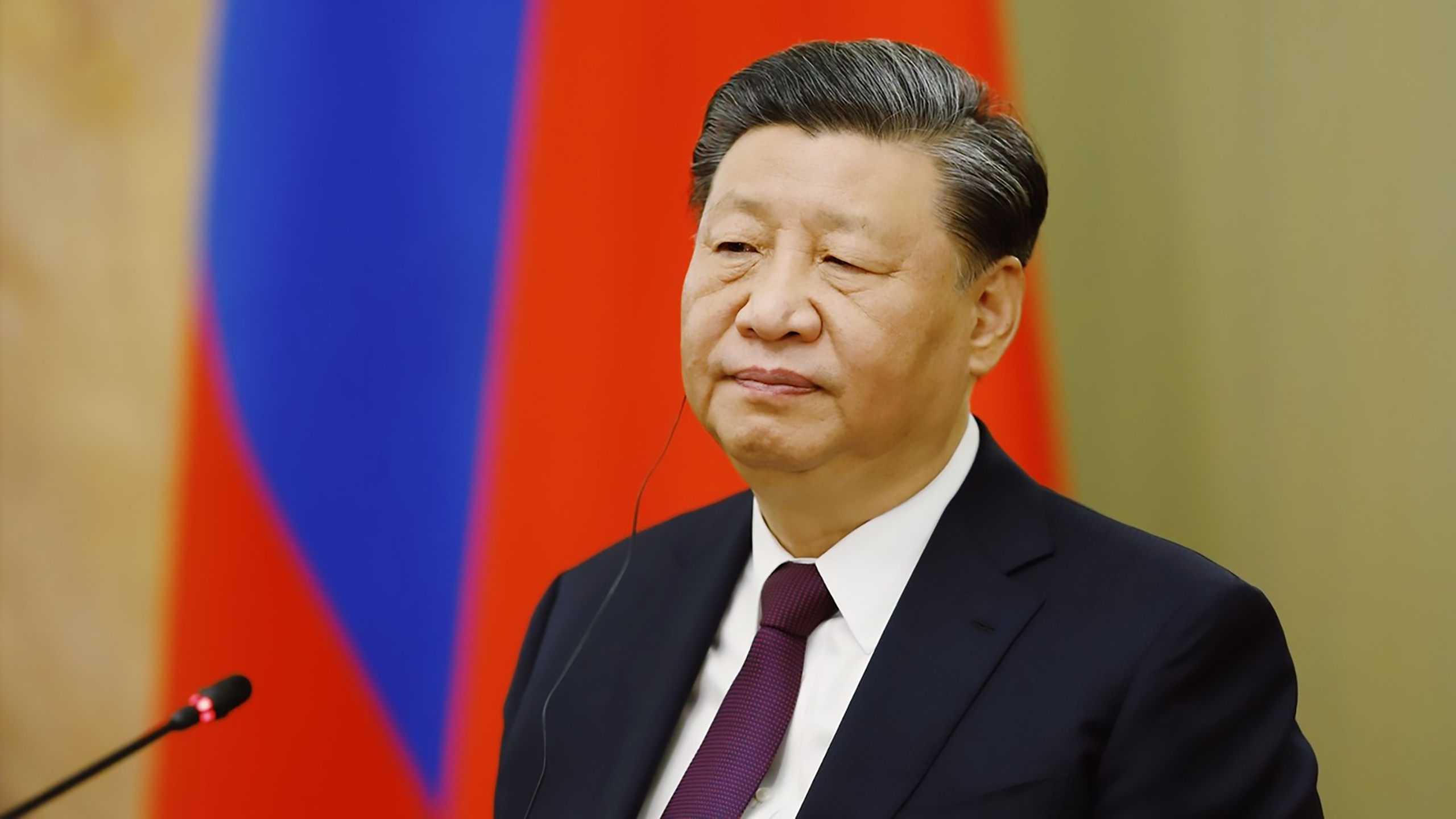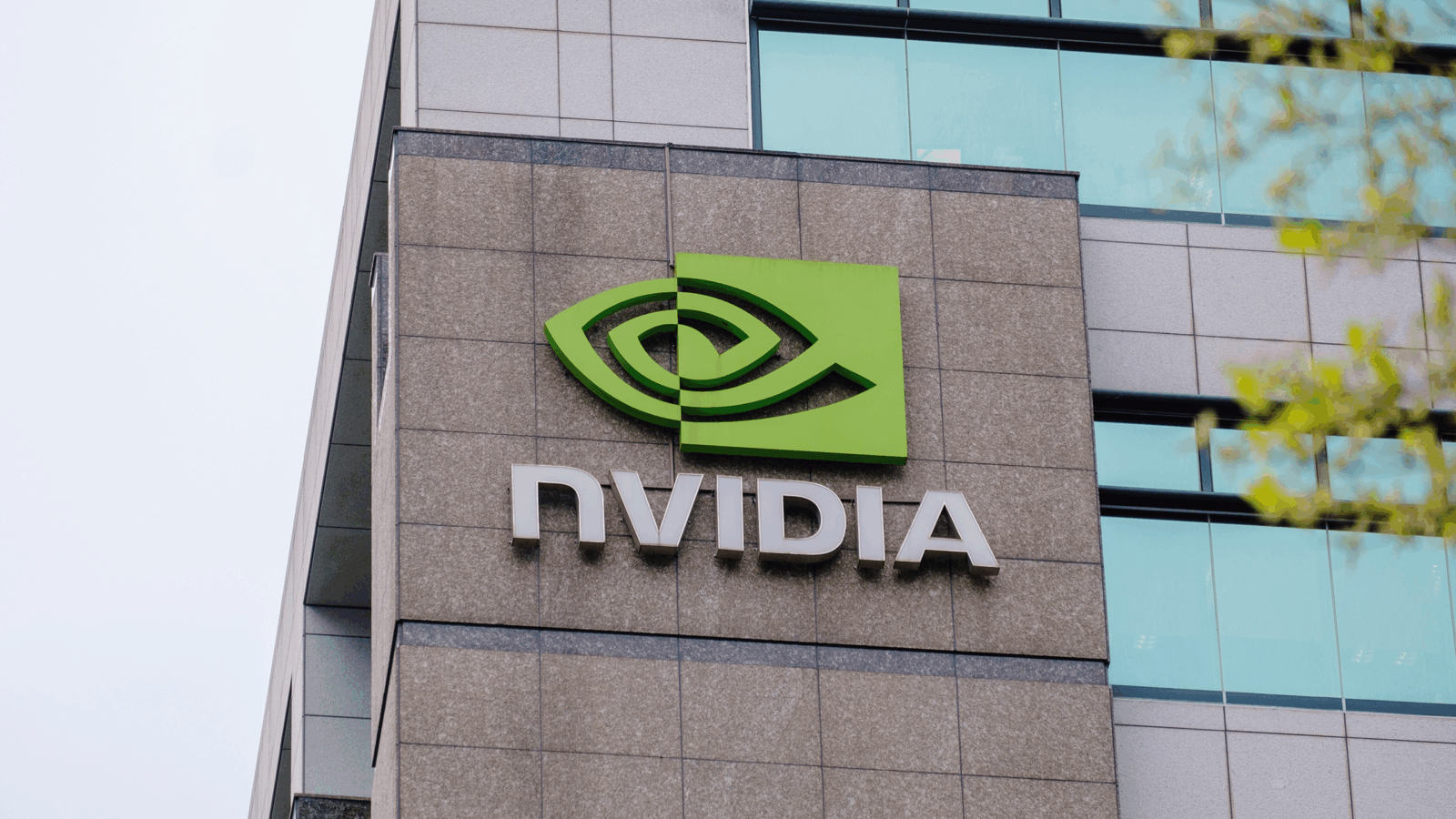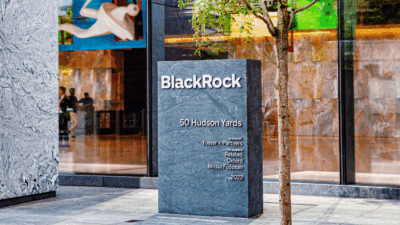Top US VC Firms Invested Billions in Problematic Chinese Startups
A House committee report says that big investors were helping grow Chinese companies that were tied to rights abuses.
Sign up for smart news, insights, and analysis on the biggest financial stories of the day.
American venture capital firms are venturing into places they shouldn’t, as far as Congress is concerned at least.
A US House of Representatives committee found that top US-based VCs have pumped billions of dollars into blacklisted Chinese companies for years — in case you were wondering where some of your pension fund money has been going.
Follow the Money
The Trump administration reignited a rivalry with China in 2018, imposing sweeping tariffs against the nation for allegedly unfair trade practices. The Biden administration — while occasionally extending olive branches — has also kept up some of the heat, with numerous sanctions, especially on companies dealing in semiconductors, surveillance, and artificial intelligence.
The House Select Committee on the Chinese Communist Party was formed last year to evaluate how best the US can further “de-risk” itself from China. Its latest report found that five large US VC firms — Sequoia Capital, Qualcomm Ventures, Walden International, GGV Capital, and GSR Ventures — used investment money from its limited partners like pension funds and university endowments to invest at least $3 billion into Chinese businesses developing technology allegedly tied to human rights abuses, the country’s military, and digital propaganda:
- In addition to more than $1 billion going to more than 150 semiconductor companies, the report identified more than two dozen AI developers that received VC funding, including TikTok parent company ByteDance, which has been accused of supplying Beijing with US user data, and SZ DJI Technology — a company that allegedly supplies drones to authorities in Xinjiang, a region often associated with the exploitation of Uyghur minorities.
- The report noted that most of the investments were made before the US government blacklisted many of the firms yet still benefited the Chinese government. “Decades of investment — including funding, knowledge transfer, and other intangible benefits — from US VCs have helped build and strengthen the PRC’s priority sectors,” the report says. “This bell cannot be unrung.”
Cut It Out: The committee isn’t saying the investments were illegal, nor is it looking to punish the VCs. Instead, the group called for policy changes. “Congress should pass legislation to generally prohibit investment in PRC companies included on key US government sanctions and red flag lists,” the report says. This might not be the toughest pill for VCs to swallow, given that some of them have already sold their stakes and backed away from Chinese businesses. China just ain’t the land of opportunity it used to be for US firms.












